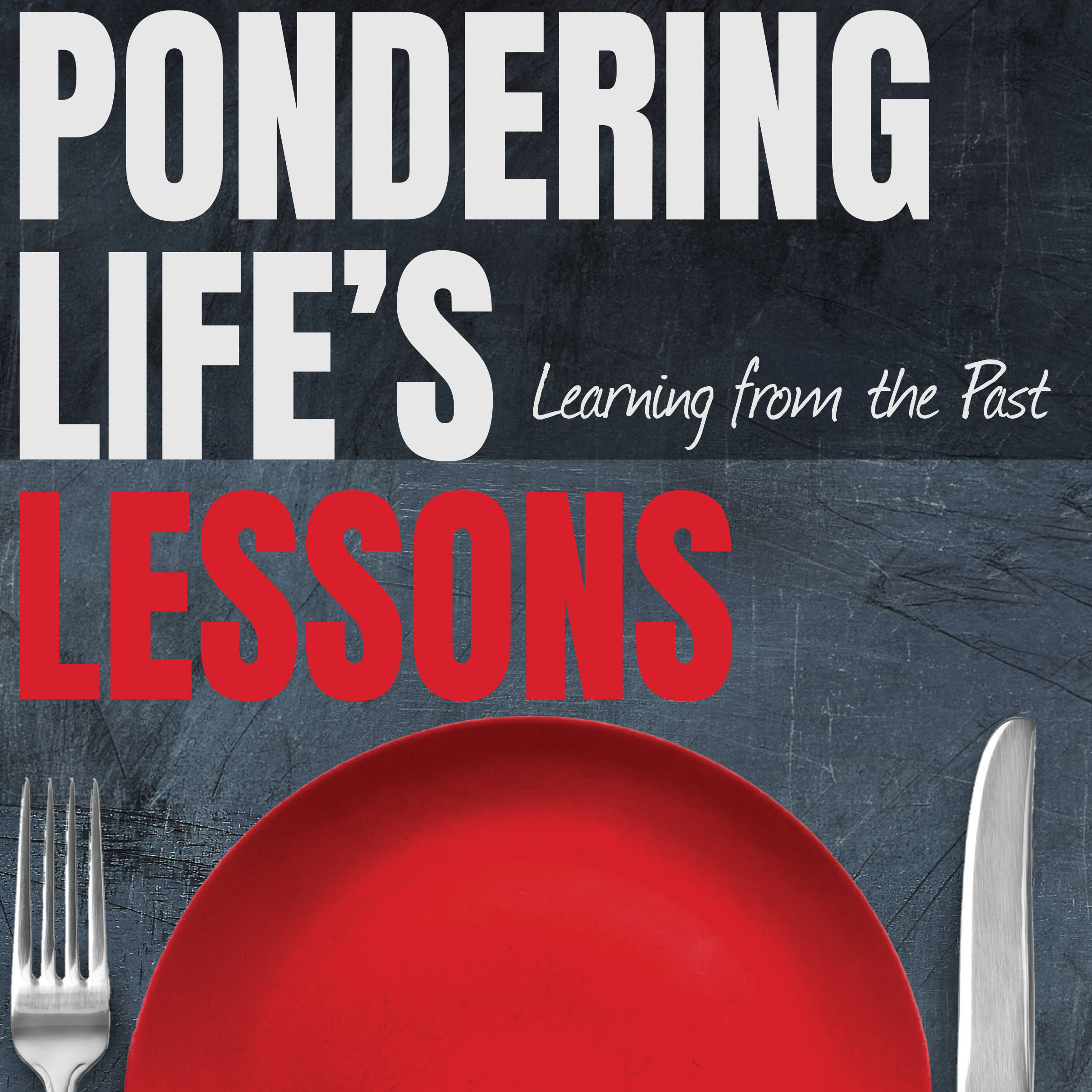When I went off to college in the fall of 1965 I planned to become an attorney. I really didn’t know what an attorney did other than wear a suit to work and use his brain rather than his back to make a living. Most of the men I knew used their back. I had experience doing plumbing and heating jobs, working in a grocery store stocking shelves and running a cash register, working on an assembly line for Ford Motor and delivering pop to grocery and convenience stores.
I did each of those jobs as a way to make money to do the things I wanted to do, but the experience taught me that I didn’t want to do that forever. My dad used his back his entire life, and while he provided well for his family, I don’t think he loved his job. He liked the social part, meeting new people and conversing with his customers, but lifting cases on and off his truck was a means to an end.
I didn’t like using my back so using my brain was the path I chose. Once I arrived at Western Michigan, I learned that law schools looked favorably at specific types of undergraduate work. I consulted with an advisor and outlined a plan to earn a double major in English and Group Social Science. English majors required thirty hours and the social sciences required thirty-six. If I wanted the degree, I had to do the work. I decided to earn a teaching degree because I only had to take a few extra classes and do my student teaching. If law school didn’t work out, I could teach.
I preferred the social side of college life but needed to keep my eyes on the prize to earn my degree. I didn’t always like it, but it needed to be done. My professors outlined the requirements to earn a good grade. I wanted to pass each class so I could keep moving forward. I did what was required but not much more. While failure was not an option, earning a degree was the goal. I could earn the same degree with a C as well as an A. What I didn’t consider was the next school would look at the last school to help determine if I was a worthy candidate. My prior record was an important piece of the puzzle. Grades made a difference.
I was accepted to a couple law schools but decided to teach because I had a positive experience working with kids. Once I got on the path, I liked it and continued on. If I wanted to become a school principal, I needed a master’s degree. If I wanted to become a school superintendent, more education would increase my odds, so I earned a specialist degree. Each degree helped improve my lot in life. I didn’t like doing the work, but it was a part of the process.
I had a writing class in college that I attended three or four times. We were given ten writing assignments to complete over a twelve-week time frame. The class met twice a week. Attendance was not required but the writing was. Each piece had a specific focus: character development, nature scene, a dialogue between two characters, etc. etc. We had to submit our writing two days prior to class, and it had to be on a ditto master so the professor could run copies for each of the students. The students read each piece and offered constructive criticism. The professor added his as well.
What I failed to consider was the opportunity to learn while listening to what others had written and the comments they received. My writing could have been better if I just listened to the views of others. I was concerned with getting it done rather than learning something new. That was a mistake.
 When you’re young, you aim to have fun every day. However, not everything is enjoyable, even if you like what you do. Not every career requires a college degree, but each one requires a set of skills to get the job done. We’re not born knowing how to do everything. Getting up and going to do something you love makes the time pass more quickly. I loved all my jobs. I didn’t love them every day, but I looked forward to the challenge even on the days I preferred to sleep in.
When you’re young, you aim to have fun every day. However, not everything is enjoyable, even if you like what you do. Not every career requires a college degree, but each one requires a set of skills to get the job done. We’re not born knowing how to do everything. Getting up and going to do something you love makes the time pass more quickly. I loved all my jobs. I didn’t love them every day, but I looked forward to the challenge even on the days I preferred to sleep in.
You have to do whatever is required to move forward in life. If things don’t work out, you can change course. I know dozens of successful people who started on one path, changed direction, and became successful taking a different one. It’s ok to start over. Giving up is not the answer.
Miracles do happen, but they are very rare. Establishing a goal and keeping your eye on the prize works much more effectively and helps ensure your success.

